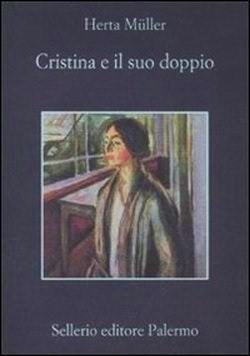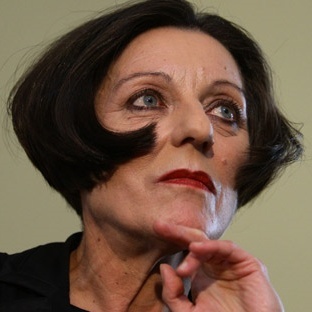
Simon Schama, in defence of the essay in the age of Twitter, writes: 'The self-propulsion of a ranging intelligence is the dynamo that drives a powerful essay; the headlong gallop of thought to a destination the reader can't predict and which may not have occurred to the writer when he began.' That power, that propulsion, that surprise is evident in every one of this selection of the very finest of the essays produced over the past 20 years by the Romanian-German Nobel Laureate Herta Müller. She interrogates Communist society - especially in its bizarre Romanian Ceausescu variation - and matters of complicity, secrecy, betrayal, guilt, responsibility, resistance and the power of literature. Her writing is bewitching and convincing; her approach is unswerving, unsparing and undeluded. Her reader is grateful. These are among the most powerful demonstrations of the pen's might exceeding the sword's to be produced in the last forty years in Europe.
Author

Herta Müller was born in Niţchidorf, Timiş County, Romania, the daughter of Swabian farmers. Her family was part of Romania's German minority and her mother was deported to a labour camp in the Soviet Union after World War II. She read German studies and Romanian literature at Timişoara University. In 1976, Müller began working as a translator for an engineering company, but in 1979 was dismissed for her refusal to cooperate with the Securitate, the Communist regime's secret police. Initially, she made a living by teaching kindergarten and giving private German lessons. Her first book was published in Romania (in German) in 1982, and appeared only in a censored version, as with most publications of the time. In 1987, Müller left for Germany with her husband, novelist Richard Wagner. Over the following years she received many lectureships at universities in Germany and abroad. In 1995 Müller was awarded membership to the German Academy for Writing and Poetry, and other positions followed. In 1997 she withdrew from the PEN centre of Germany in protest of its merge with the former German Democratic Republic branch. The Swedish Academy awarded the 2009 Nobel Prize in Literature to Müller, "who, with the concentration of poetry and the frankness of prose, depicts the landscape of the dispossessed". She currently resides in Berlin, Germany.